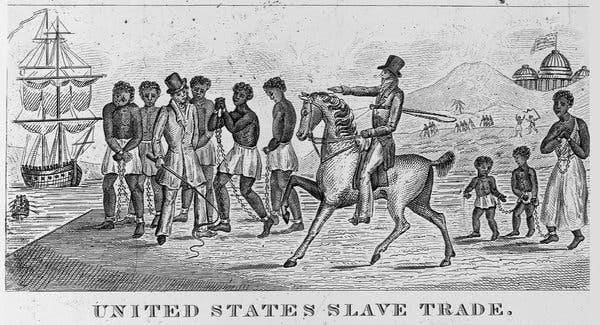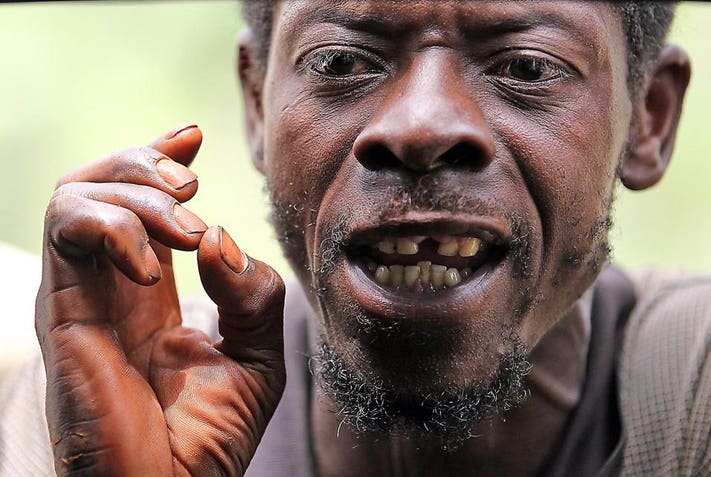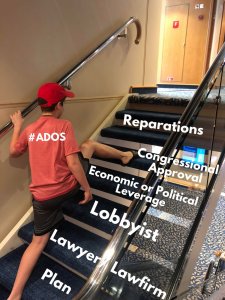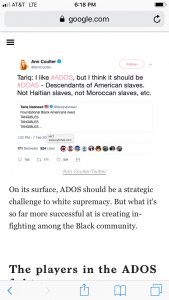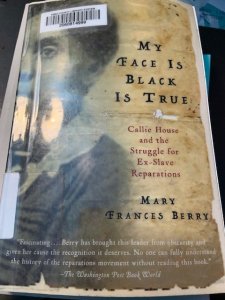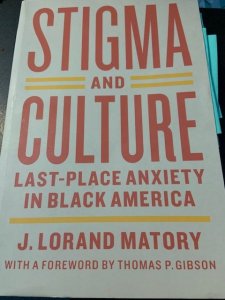- 9,899
- 7,085
- Joined
- Oct 8, 2005
It's so sad how we are so lost.
We dont know who we are.
We dont know each other.
We dont know where we come from.
We dont have a plan.
We remain divided and you literally have ppl pushing to further the divide in an attempt to "get theirs" while blaming each other for getting in the way of what was taken from all of us.
Africa was robbed of everything including its ppl. Africa continues to be exploited and colonized as we speak. The entire diaspora, 1st/2nd generation African immigrants or not are under the system of white supremacy and we all have to break the chains of indoctrination.
We all need to unify and get everything we deserve.
We dont know who we are.
We dont know each other.
We dont know where we come from.
We dont have a plan.
We remain divided and you literally have ppl pushing to further the divide in an attempt to "get theirs" while blaming each other for getting in the way of what was taken from all of us.
Africa was robbed of everything including its ppl. Africa continues to be exploited and colonized as we speak. The entire diaspora, 1st/2nd generation African immigrants or not are under the system of white supremacy and we all have to break the chains of indoctrination.
We all need to unify and get everything we deserve.

